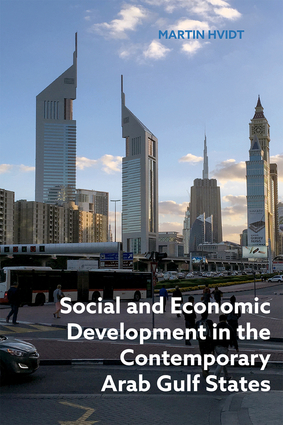Overview
The Arab Gulf states (Bahrain, Kuwait, Oman, Qatar, Saudi Arabia and UAE) have over the past decades moved from near obscurity to prominence among actors in the global economy. This "rise of the Gulf" was facilitated by plentiful income from oil and gas, and by the gradual process by which the economic centre of the world is shifting eastward. But first and foremost it has been a result of conscious policies conceived and implemented by the Gulf states to catch up with the developed world and not least to place their countries on a developmental trajectory which will secure the populations a sustainable livelihood in the future. This book recognizes the significant developmental results achieved in the Gulf states over the past half of a century, but also focuses on the detrimental and disrupting effects created by the economic "anomaly" of sudden and massive influx of oil revenues, such as: the growth of rentier mentality, the crowding out of productive activities, and the resulting lack of economic diversification. The oil-based development model worked well when the populations were small and the income from oil was plentiful. With rapidly increasing populations and rising popular demands on the governments, this model can no longer adequately support these societies. The book investigates various elements of how the governments in the Gulf region tackle the difficult and often painful transition toward an ordinary type of economy, where wealth in society is created by the skills and hard work of its population. Issues such as economic diversification, societal planning, institutional change, social reforms, educational achievements, demographic growth, job creation, and the significant reliance on migrant labour are investigated.Author Biography
Martin Hvidt is an Associate Professor for the Centre for Contemporary Middle East Studies and Department of History, University of Southern Denmark.

